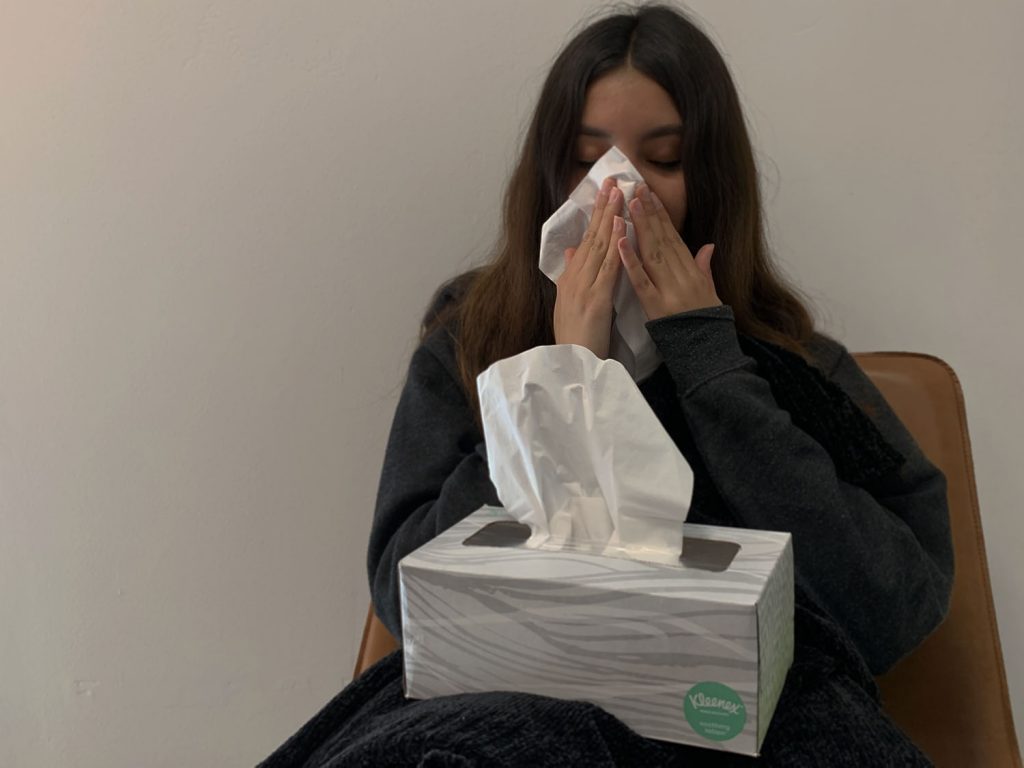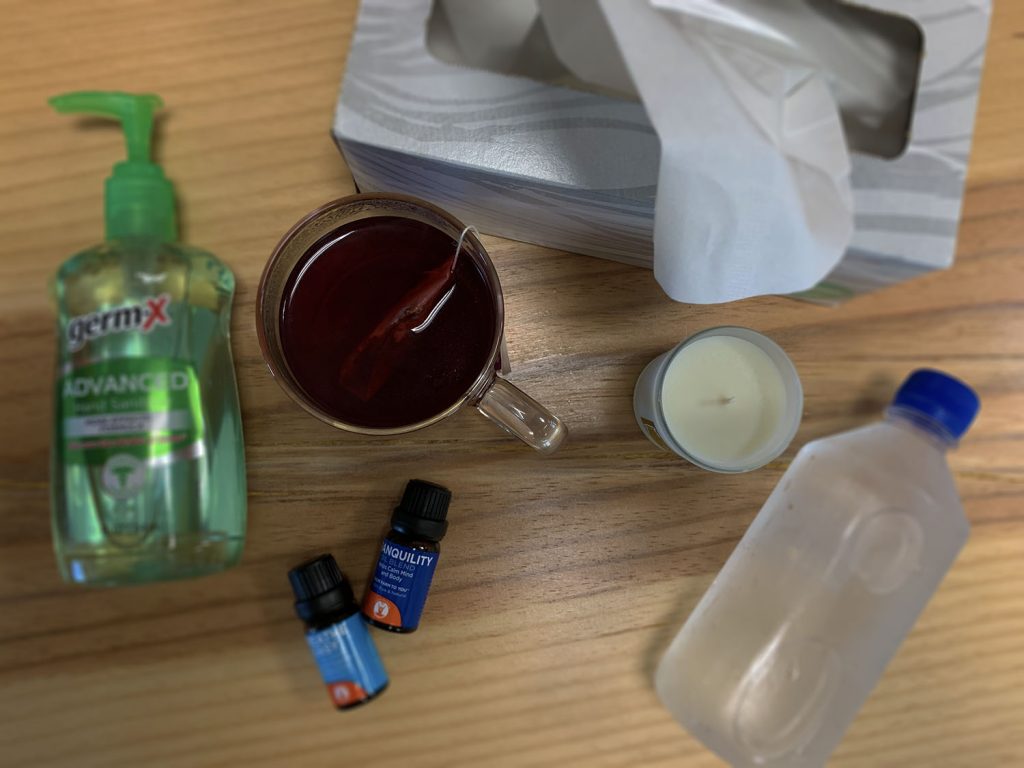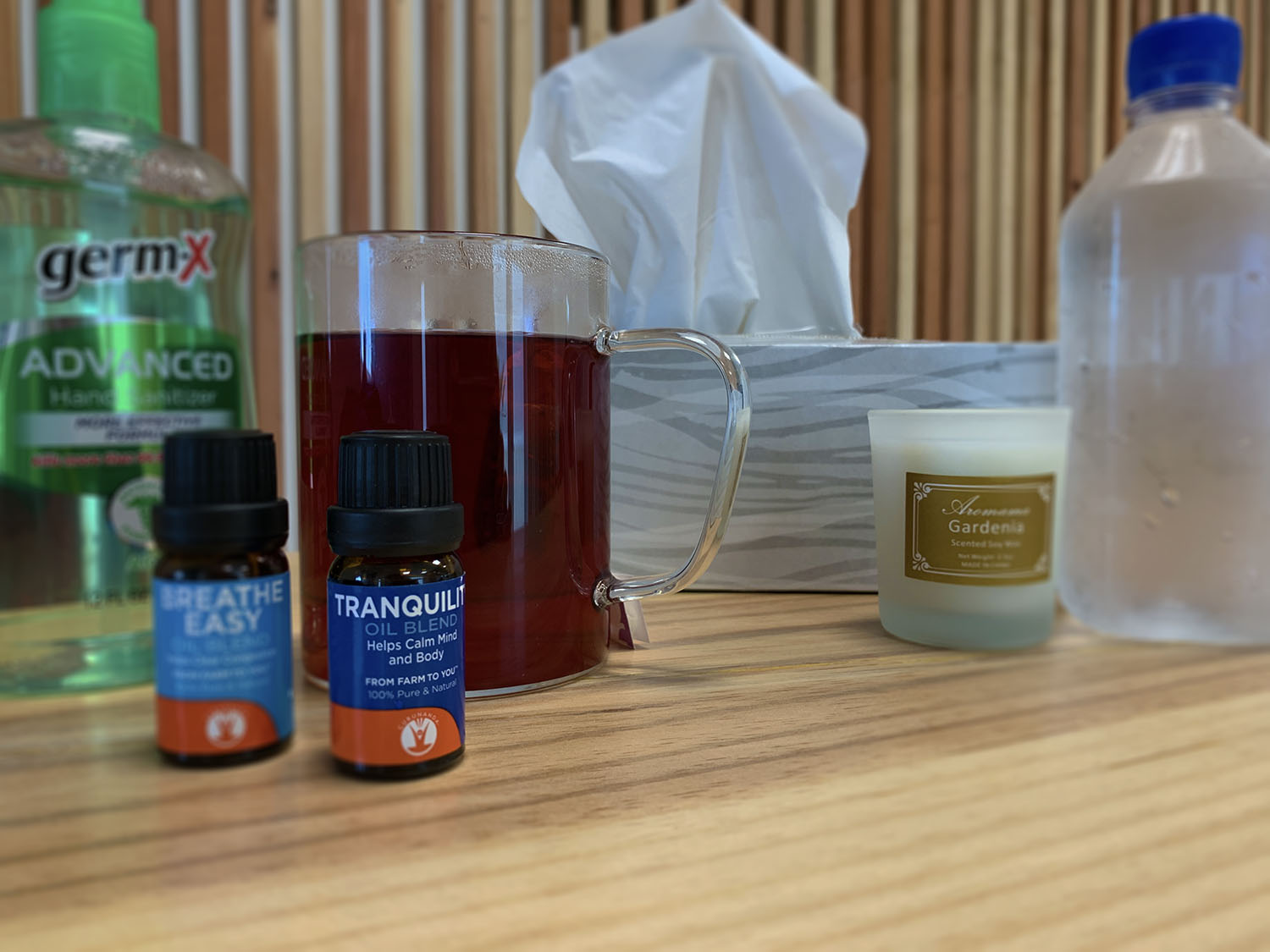Sick Before Surgery? What to Know and When To Consider Cancelling
You’ve taken time off work, you’ve attended your pre-op appointment, you have someone prepared to drive you home after your procedure and—just like that—you suddenly find yourself feeling sick before surgery. But a procedure isn’t exactly the easiest thing to reschedule—so do you ride it out and go forward in a weakened state, or should you actually consider canceling? Not to fear, friends—today, we’re talking about what to do if you feel sick before surgery. Read on for our top tips.
Do I need to tell my doctor if I’m sick before surgery?
Absolutely. If you’re feeling ill at all—even if it’s just a minor head cold or a short bout of food poisoning—in the week leading up to your procedure, you need to call your surgeon as soon as possible. Don’t assume that, just because you call, your surgeon will cancel—she may decide your illness isn’t severe enough to interfere with the success of your surgery. Transparency is always the best policy—so pick up the phone as soon as you feel that first nagging symptom.

Do I have to cancel my procedure if I’m sick before surgery?
The short answer is: it depends. If you’re feeling sick before surgery, your surgeon will take a number of factors into account when deciding whether or not to cancel your procedure. Here are a few things she will look for:
- Duration of illness: Certain conditions (like Strep throat, for example) are usually not contagious after 24 hours on antibiotics—so, depending on when you start antibiotics and how you’re feeling, you might be able to go on with your procedure as scheduled.
- Type of illness & type of procedure: If your illness is related to your procedure (i.e. if you’re experiencing shortness of breath and you’re undergoing a heart procedure to fix that), the surgery will likely go on as scheduled. If, on the other hand, you’re running a super high fever and have a terrible flu—and, say, are going under for an ACL replacement—then your surgeon may opt to cancel the surgery for your safety.

Will I face any risks if I go under while I’m sick?
An endless library of medical research points to the fact that patients who are healthier going under anesthesia have more successful surgeries and smoother recoveries—so you absolutely face risks by going into surgery in a weakened state. Below are just a few of the risk factors to consider if you find yourself feeling sick before surgery.
- Mixing medications: Taking cold medicine the night before your procedure to try and ward off that cough you’re developing might seem harmless enough—but your surgeon should always know about the medications you’ve taken in the weeks leading up to your surgery. Trying to cure your cold or flu yourself with over-the-counter medication may just result in a risky mixing of your at-home medication and the anesthesia you’re administered before surgery. Plus, consider what recovery will be like as well—you’ll probably be given prescription medication for after surgery, which likely can’t be mixed with cold or flu medicine (meaning you won’t be able to take medicine for your illness).

- Slowed recovery: Going under anesthesia puts a ton of stress on your body, and how strong (or weak) you are entering surgery has a major impact on how successful your procedure is and how fast you’re able to recover. If you haven’t been able to keep food down for days and still opt to go under the knife without telling your surgeon, you could end up causing yourself a delayed recovery due to the weakened state you entered anesthesia under.
- Painful recovery: Patients with a sore throat often opt to not tell their surgeon they are feeling sick before surgery because a minor cold doesn’t seem like it’s worth sounding the alarm over. But a sore throat is one of the worst things you can enter surgery with, as it makes for a super painful recovery. If a breathing tube was inserted during your procedure, you’ll wake up with an even sorer throat than you had going under. If you have a cough, consider the strain that could put on your surgical sutures and how painful that shock-wave will feel going through your body as you recover from surgery.
Overall, when it comes to getting sick before surgery, honesty with your surgeon is always the best policy—and, as a general rule of thumb, you want to be as healthy as possible going into surgery to give your body its best shot at a smooth, fast recovery.
Want to learn even more about how your health prior to surgery can affect your recovery? Check out our post on Enhanced Recovery After Surgery.


